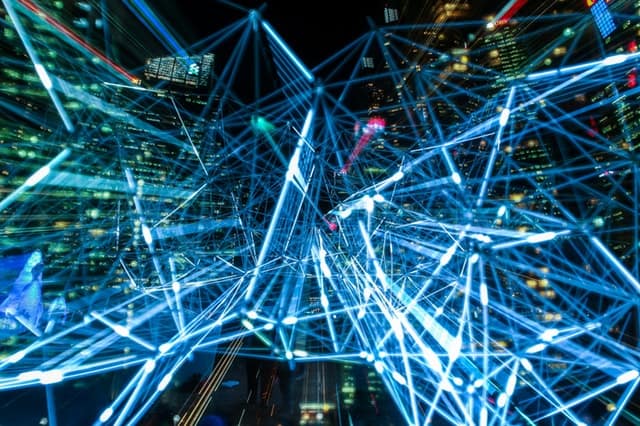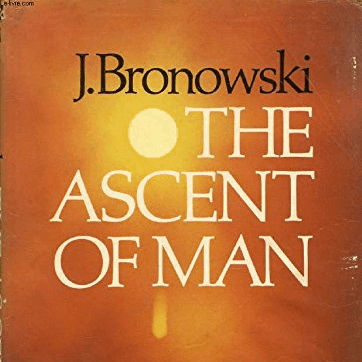
Earlier today, a reader and fellow professor sent me an interesting question:
“Everything you write is underpinned by productivity discourse. As I note above, I do embrace your approach to writing and thinking—the need for sustained thinking in quiet (sometimes outdoor) places, its deep pleasures (as well as difficulties), and its contribution to a deep life—but the productivity language is an impediment for me…The pleasure in thinking and doing things well is such a deep-wired human pleasure, if we attend to it, and it feels (to me) diluted when it’s linked to productivity…Short question, then, is: could you promote deep work without linking it to productivity?”
I’ve been thinking a lot recently about the connection between productivity and the deep life, so the timing of this question is good (though let me caveat the following answers by underscoring their preliminary status).





